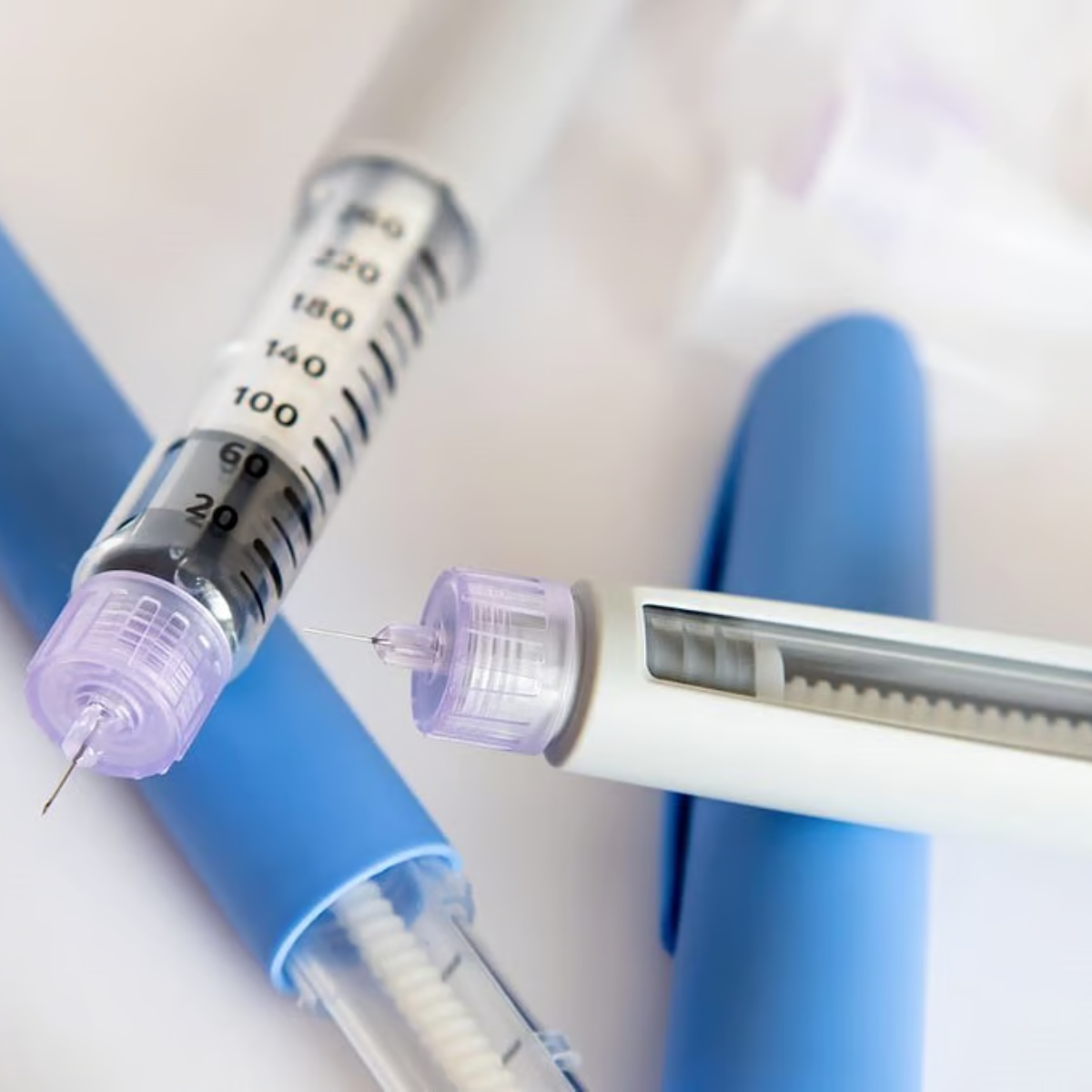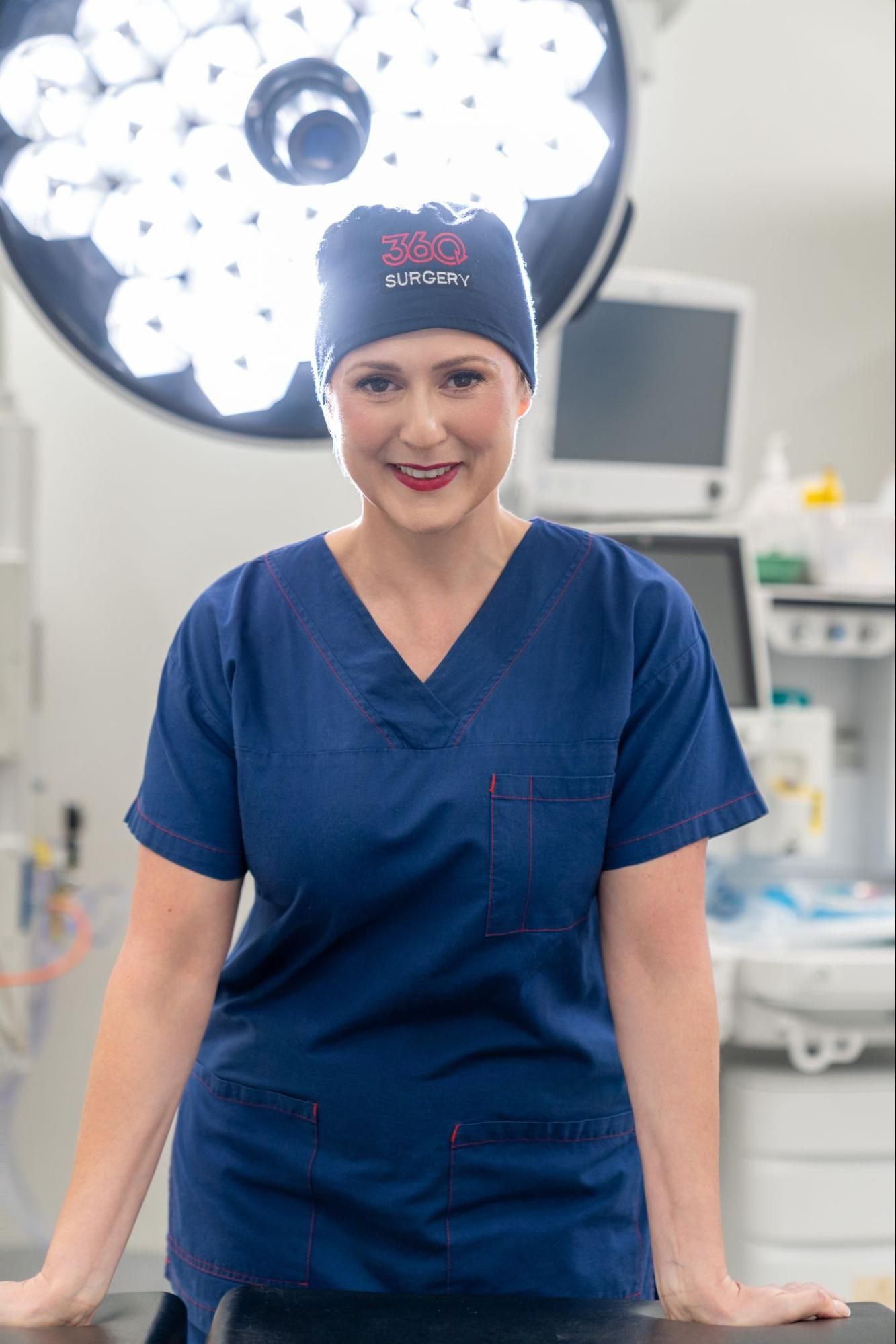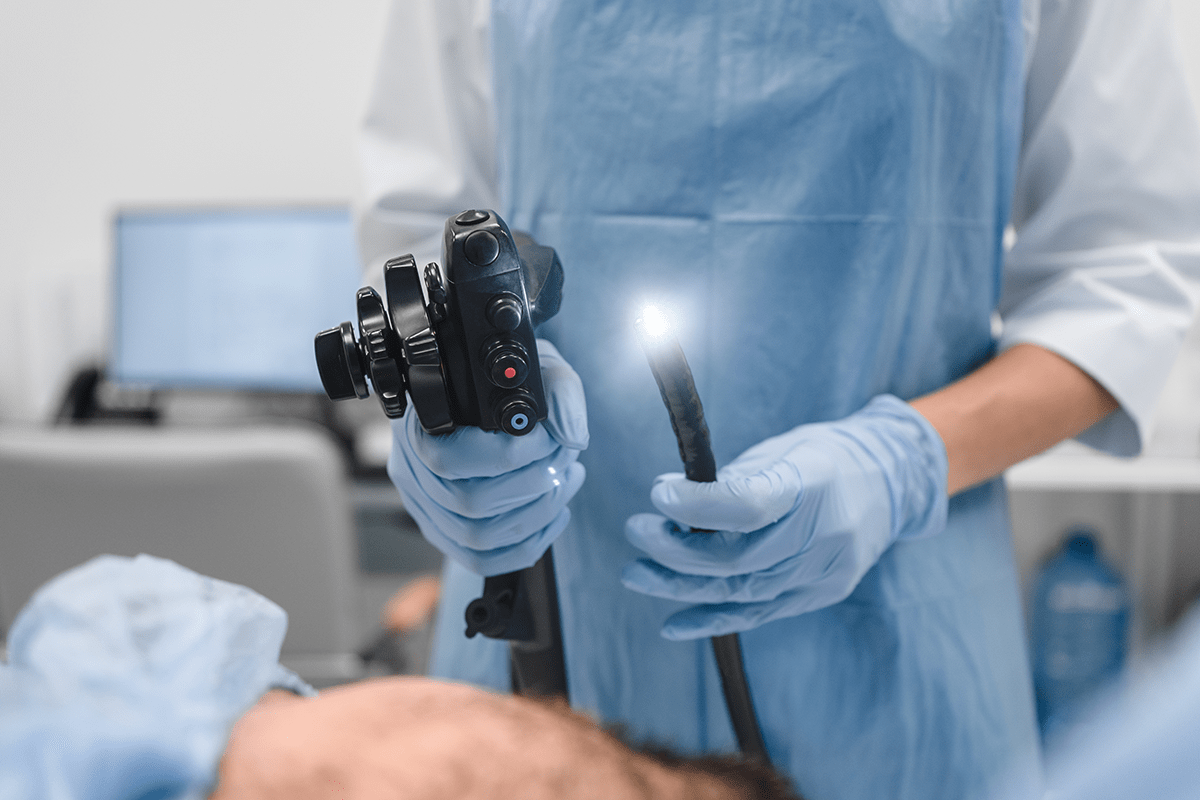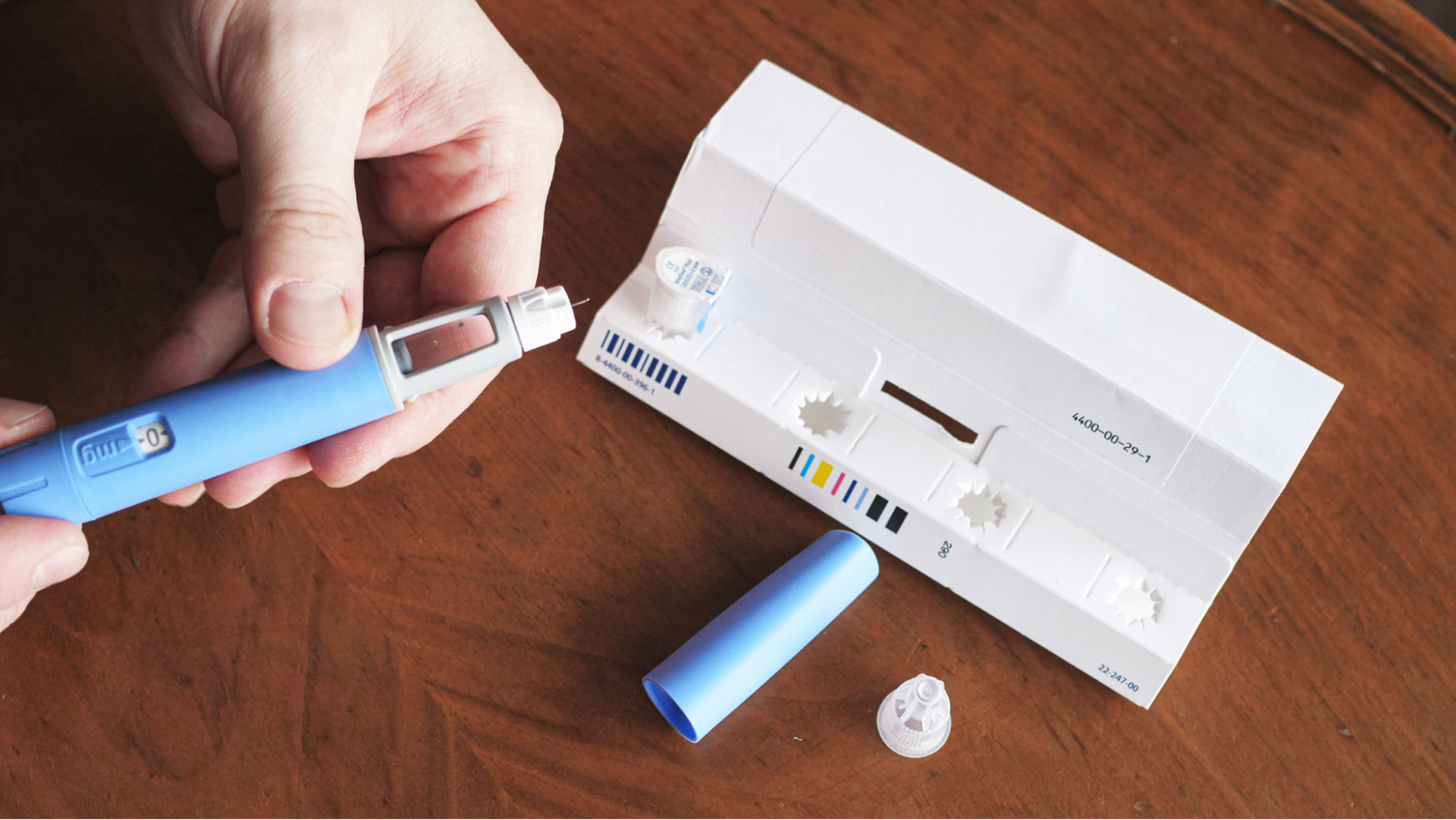July 10, 2025
Understanding the Hidden Impact of Processed Foods on Your Health and Metabolism If you 're on a weight loss journey, one of the most important decisions you can make is to avoid ultra-processed foods (UPFs). These foods are widely consumed due to their convenience and taste—but they pose a major obstacle to effective weight management and long-term health. What Are Ultra-Processed Foods? Ultra-processed foods are industrially manufactured products that include: Additives, emulsifiers, and preservatives Artificial flavours and colours Refined sugars and fats Little to no whole food content Common examples include packaged snacks, soft drinks, fast food, sweetened breakfast cereals, processed meats, and ready-made meals. How Ultra-Processed Foods Affect Weight Loss Research has consistently linked UPFs to obesity, type 2 diabetes, inflammation, and metabolic dysfunction (Monda et al., 2024; Hall et al., 2019). Here's why: 1. Excessive Calorie Intake UPFs ar e hyper-palatable, meaning they're engineered to taste extremely good. This makes them easy to overeat. Studies have shown that people consuming UPF-heavy diets consume significantly more calories daily than those eating a whole-food-based diet (Hall et al., 2019). 2. Poor Nutritional Quality These foods are typically: High in added sugars, unhealthy fats, and sodium Low in fibre, protein, vitamins, and minerals This nutritional imbalance means you're consumin g "empty calories"—high energy with little nourishment—leading to ongoing hunger and overeating. 3. Disrupted Hunger and Satiety Signals UPFs interfere with your body’s natu ral appetite regulation. They don’t promote satiety the way whole foods do, especially because they lack protein and fibre, which are key for feeling f ull. This leads to frequent snacking and difficulty controlling portion sizes. 4. Metabolic Dysfunction and Insulin Resistance Regular UPF consumption is associated with: Insulin resistance – a major factor in weight gain and difficulty losing fat Inflammation – which impairs hormonal and metabolic function Altered gut microbiota – which slows metabolism and weakens digestion These factors make it harder for your body to burn fat and maintain stable blood sugar levels. 5. Blood Sugar Spikes and Crashes UPFs contain refined carbohydrates and sugars that cause rapid increases in blood glucose. These are often followed by sudden drops, which trigger: Sugar cravings Fatigue Mood swings More food intake This cycle keeps you in a loop of overeating and low energy, derailing your weight l oss efforts. 6. Increased Risk of Chronic Disease Beyond weight gain, long-term consumption of ultra-processed foods increases your risk of: Type 2 diabetes Heart disease Fatty liver disease Depression These risks are heightened in people already dealing with obesity or insulin resistance. Why Whole Foods Support Sustainable Weight Loss Replacing UPFs wit h whole, minimally processed foods can dramatically improve your health and make weight management easier. Focus on: Lean proteins – chicken, fish, eggs, legumes High-fibre vegetables and fruits – spinach, broccoli, berries, apples Whole grains – oats, quinoa, brown rice Healthy fats – avocado, nuts, seeds, olive oil Whole foods provide nutrients that sup port stable blood sugar, metabolic health, and long-term satiety. Evidence-Based Benefits of Reducing UPFs According to Monda et al. (2024), individuals who significantly reduce their intake of ultra-processed foods and transition to whole-food diets experience: Better appetite control Improved insulin sensitivity Reduced inflammation Lower daily calorie intake More consistent weight loss over time Tips for Reducing Ultra-Processed Foods Read ingredient labels : Avoid foods with long ingredient lists or unfamiliar chemical names. Cook at home : Preparing meals yourself gives you control over ingredients. Shop the perimeter : Stick to fresh produce, meat, dairy, and grains. Plan your meals : Reduce reliance on convenience foods by planning your week. Swap wisely : Choose plain yogurt over sweetened, or wholegrain crackers instead of chips. Avoiding ultra-processed foods is one of the most effective changes you can make for successful, sustainable weight loss. While these products may be convenient, their impact on metabolism, hunger regulation, and overall health is profoundly negative. Choosing a nutrient-dense, whole-food diet will not only help you reach your weight loss goals but also reduce your risk of chronic disease and improve your quality of life.


















